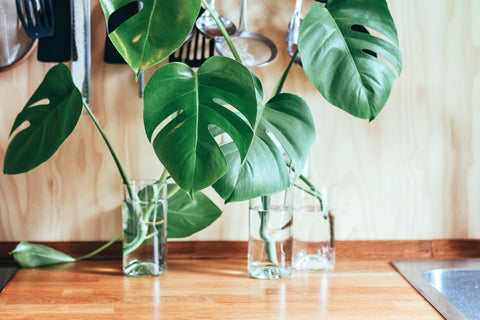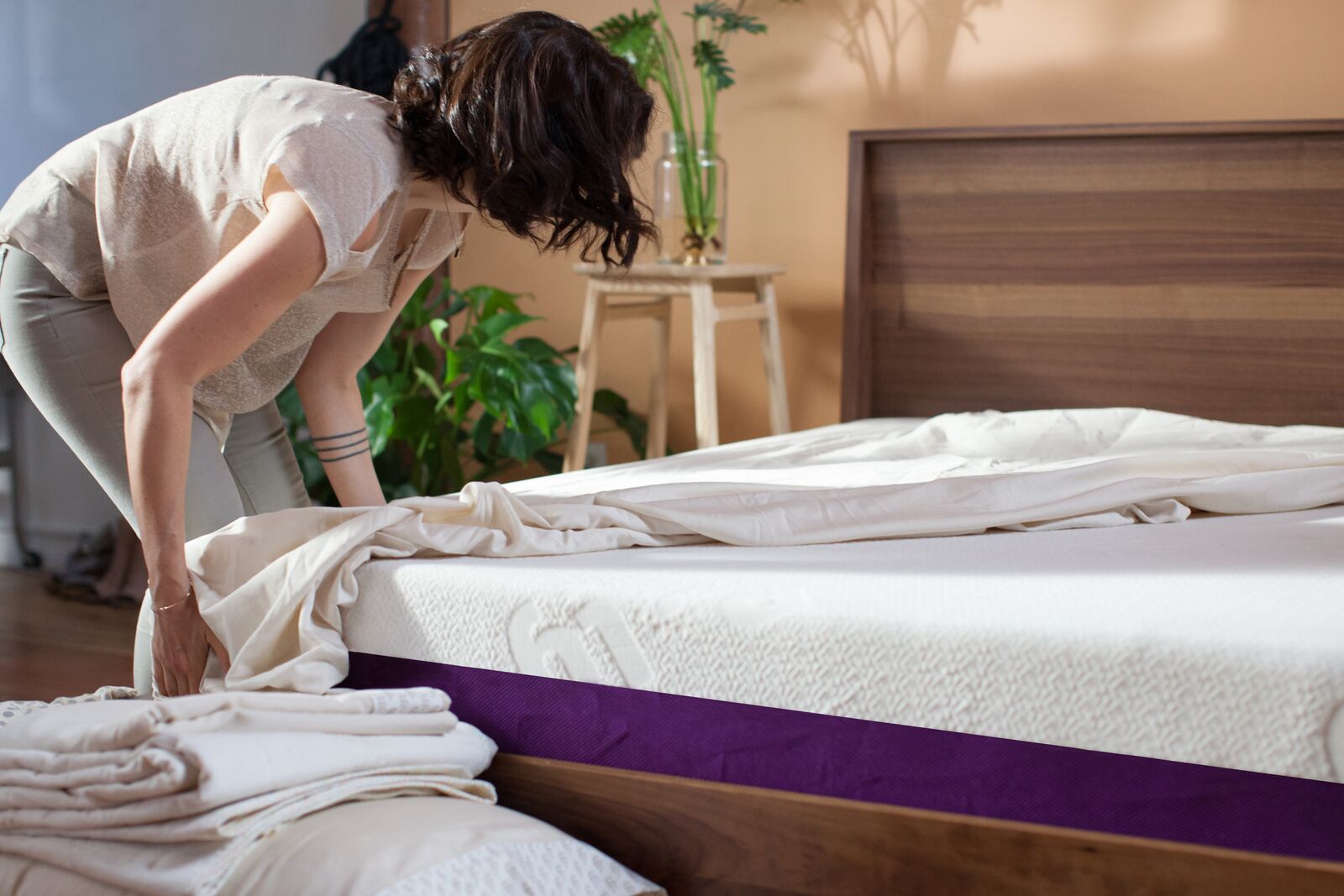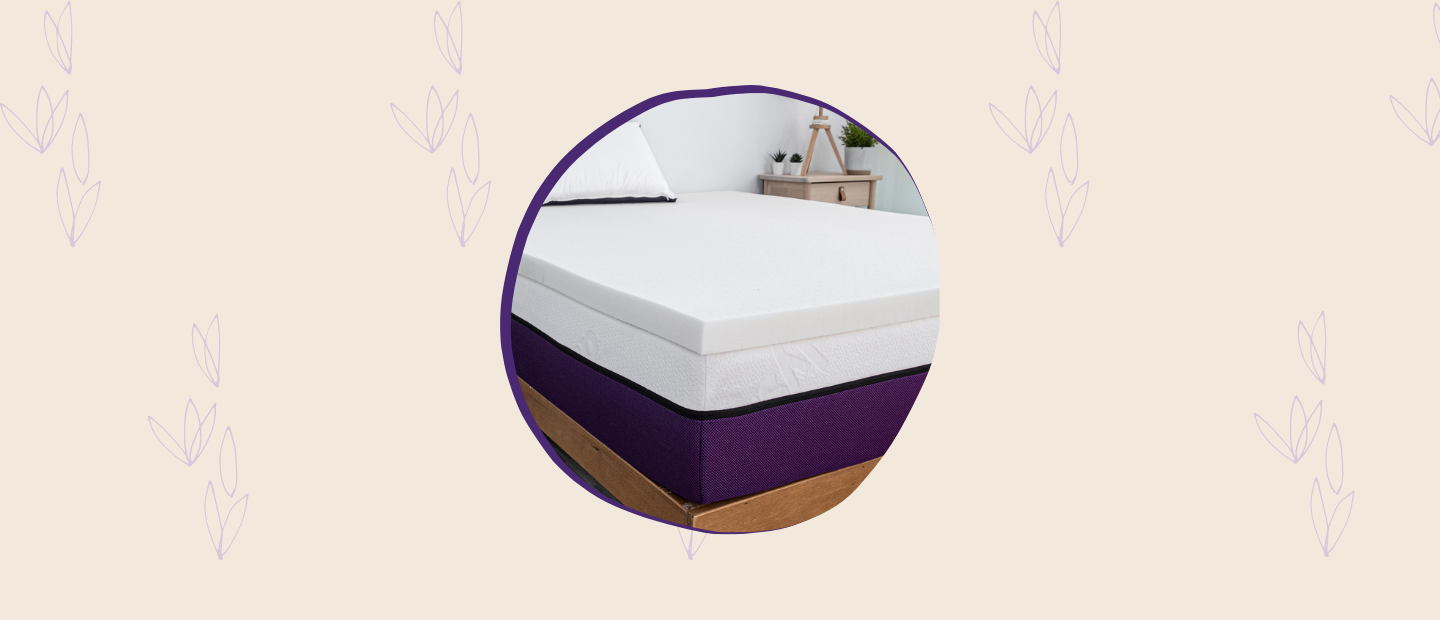There’s no other way to spin it - bad sleep sucks. A bad night’s sleep can ruin your entire day. It affects everything from your mood, to your relationships, to your health. If you’re having trouble getting to sleep (and staying that way), it may be helpful to bring some plants - yes, plants - into your sleeping space. Some have special properties to help provide better sleep hygiene. But not all are created equal. Below are some plants you should add to your room and some you should avoid.
Add These:
Lavender
Lavender is hands-down the most popular plant for sleep and relaxation. You can find lavender in sprays, body washes, bath bombs, candles, etc., and it’s wildly popular as an essential oil. Numerous studies have shown its calming effects and abilities to relieve stress, minimize anxiety, and lower blood pressure. If you’re familiar with the different kinds of sleep (or stages of sleep) we go through on a given night, you’ll be surprised to learn that Lavender may also increase slow-wave sleep, which is important for slowing your heartbeat and relaxing muscles.
French lavender is suited best for indoors and does well in direct sunlight. Watering is only required when the soil has dried out.
Jasmine
Jasmine is another plant you should keep at your bedside for a good night’s sleep. This plant is typically used as an essential oil and is recommended for depression, anxiety, stress, and fatigue. Similar to lavender, studies have shown jasmine to improve blood pressure, heart rate, and respiratory health. Jasmine is an excellent choice to enhance sleep quality thanks to it’s mood-lifting and calming abilities.
Jasmine requires direct sunlight for a few hours a day, but no more. You’ll want to keep the soil damp, but not soaked.
Aloe Vera
Ahh, soothing aloe vera. Aloe vera is most commonly known to treat sunburn and wounds, but did you know it’s great for sleep as well? Aloe emits oxygen at night, rather than carbon dioxide (like most plants). This cleans the air, helping you to breathe and sleep better.
Aloe is extremely hard to kill. Overwatering or using a container without good drainage is the easiest way to kill aloe vera, or any plant for that matter. Make sure to place your aloe in a pot that allows water to drain and only water it when the soil is dry - about every three weeks, and less in the winter.
Peace Lily
Nix the air humidifier and get yourself a peace lily. This groovy plant has the ability to increase humidity levels up to five percent! Peace lilies produce oxygen at night and are one of the best indoor plants to remove common air pollutants such as benzene, formaldehyde, and ammonia.
The peace lily requires indirect light, but will produce more flowers with direct sun. Watering is only needed when the soil is dry - a quick way to tell is when it begins to droop.
Peace lilies are toxic to pets though, so make sure it’s up and out of the way.
Snake Plant
The snake plant, or mother-in-law's tongue, also produces oxygen at night. It reduces pollutants in your bedroom, specifically formaldehyde, trichloroethylene, xylene, toluene, and benzene. NASA ranked aloe vera, peace lilies, and snake plants as some of the best to remove air pollutants because of their nighttime oxygen production.
No green thumb? No problem! Snake plants only require water every two or three weeks, depending on your room’s temperature, light, etc.
The snake plant is poisonous to children and pets.

Avoid Those
So which plants should NOT be kept in your bedroom? A common cause of sleep deprivation is allergies. The following are a just few of the most popular and unassuming culprits of a bad night’s sleep.
Chamomile
Chamomile is the most popular bedtime tea, but the plant itself? Maybe not so much. Being a relative to ragweed, chamomile should be avoided by anyone with weed allergies.
Ficus
Ficus, or weeping fig, is a common plant found in homes and offices, but should be avoided if you have allergies. Allergens found in the ficus’ sap attach to dust particles, causing quite the irritation. If you have a latex allergy, it may also be a good idea to avoid the ficus as its structure is similar to latex.
Rubbing up against ficus plants may cause irritation and is poisonous to pets.
Palm
Male palms are packed with pollen, so this is definitely a plant you’d want to avoid. Female palms, on the other hand, are safe.

Overwatering and Dust
Regardless of which plant you bring home, it’s important to avoid overwatering and dust buildup. Overwatering your plants and keeping them in containers without enough drainage will lead to plant rot and mold. You should also be dusting your plants every once in a while, as some leaves make a great spot for dust to hide.
In combination with a high-quality mattress, choosing the right plants for your bedroom can make all the difference in turning your bad night’s sleep into some of the best you’ve ever had.








